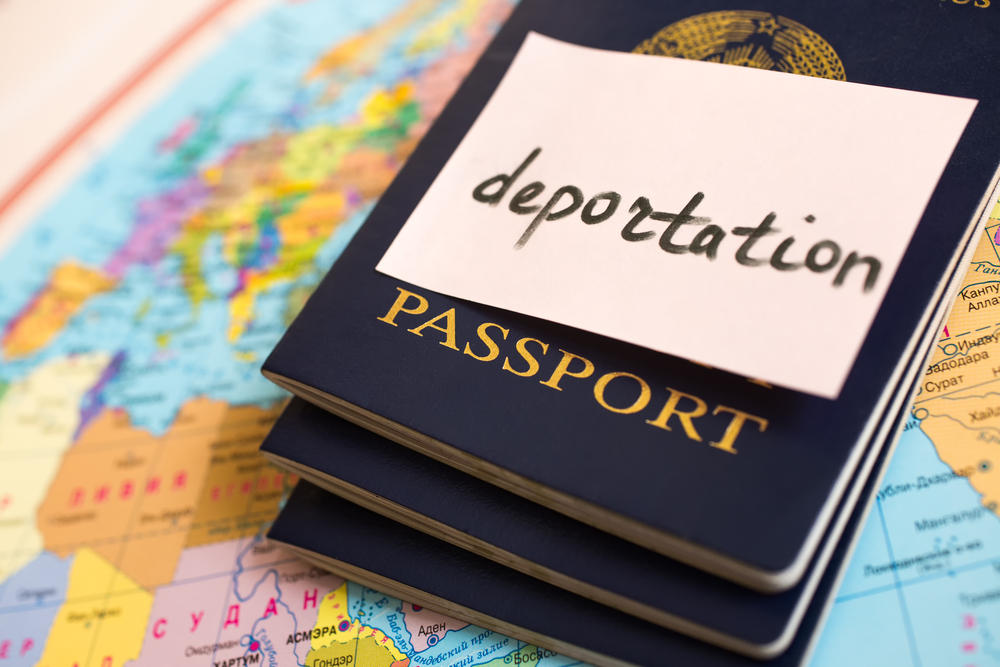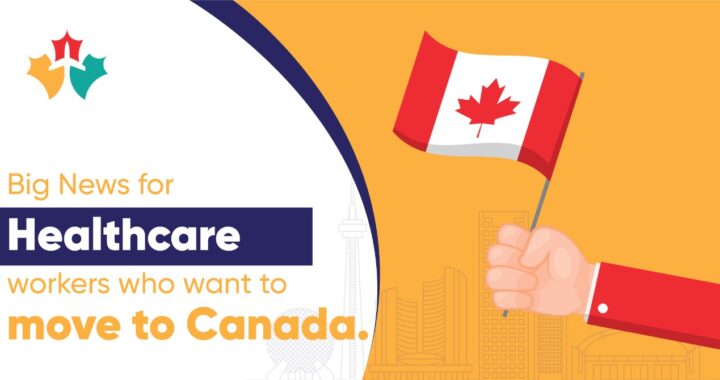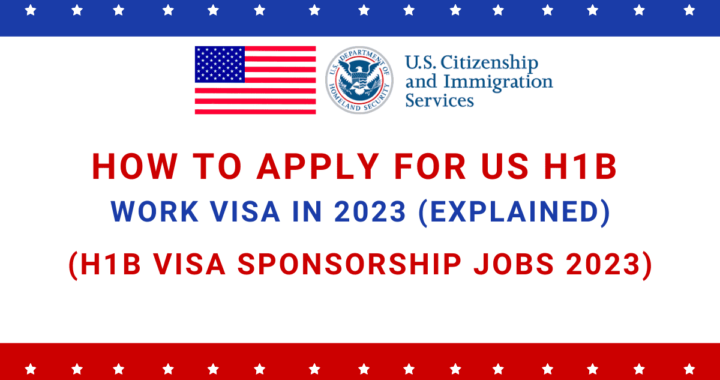What Are The Implications of Removal Order From Canada?

Removal Order
If a person receives a Removal Order from Canada, then legally he has to leave the country. His removal can be immediate or can be delayed if the person appeals against the decision. The Canada Border Services Agency (CBSA) or the Immigration, Refugees, and Citizenship Canada (IRCC) issues Removal Orders of three types. These include Exclusion Orders, Departure Orders, and Deportation Orders.
Types of Removal Order- Departure, Exclusion, and Deportation Order
Departure Order
- If you receive a Departure Order you have to leave the country within a month from the date the order comes into effect.
- You must communicate your departure from Canada to the CBSA at the exit point. It is necessary to follow this protocol to ensure that you can return to Canada in the future if you fulfill the entry requirements.
- In the case you do not leave the country within 30 days or do not confirm leaving the country to the CBSA, the officials will convert your Departure Order into a Deportation Order. And if that happens you will require an Authorization to Return to Canada (ARC) in the future.
Exclusion Order
- A person receiving an Exclusion Removal Order cannot return to Canada at least for one year.
- In the case you wish to come back to the country within 12 months you will have to apply for an ARC.
- A person who received an Exclusion Order for misrepresentation cannot return to Canada for a minimum of 5 years.
- Also, if the payment for your removal has been made by CBSA, you have to repay the amount.

Deportation Order
A person receiving a Deportation Order cannot return to Canada unless he applies for ARC. It is a sort of permanent prohibition.
What Happens If You Fail To Leave Canada After Removal Order?
After receiving a Removal Order you have the option to appeal to the Immigration and Refugee Board of Canada (IRB). You can also ask the Federal Court of Canada to review the decision judicially. In case you are a refugee, then the CBSA will serve you conditional Removal Order. In such cases, if the authorities accept your refugee claim then the order will not come into force. Also if you receive permanent residency then the order will become void. But if the refugee claim is rejected then you will not have any other option but to leave the country immediately.
For some reason, if you fail to leave the country within 30 days then CBSA will arrest you after issuing a Canada-wide warrant. The officials can detain or hold you in a holding facility before finally arranging for your departure.
Of course delays in the implementation of a Removal Order may happen in certain cases. These can be because of legal appeals and proceedings, temporary suspension of the removals, claims for protection, document issues, and more.

 What actions by Trump Government are in store for illegal immigrants in US? What are Challenges to deport illegal immigrants from US?
What actions by Trump Government are in store for illegal immigrants in US? What are Challenges to deport illegal immigrants from US?  What are changes in Canada Start up Visa Program and Self-Employed Persons Program. How would it affect the potential immigrants to Canada?
What are changes in Canada Start up Visa Program and Self-Employed Persons Program. How would it affect the potential immigrants to Canada?  Launch Your Dreams: A Guide to Canada’s Start-Up Visa Program for Global Entrepreneurs
Launch Your Dreams: A Guide to Canada’s Start-Up Visa Program for Global Entrepreneurs  Options for Immigrating to Canada as a Healthcare Worker- Best Canadian Provinces that offer good salaries
Options for Immigrating to Canada as a Healthcare Worker- Best Canadian Provinces that offer good salaries  Immigrating to Quebec province Canada- Professions in demand with salaries- Racial Discrimination
Immigrating to Quebec province Canada- Professions in demand with salaries- Racial Discrimination  H1B Visa- Eligibility Requirements- its Duration- Process to apply and Professions in demand
H1B Visa- Eligibility Requirements- its Duration- Process to apply and Professions in demand  Recent Changes to Canada’s Work Permit Rules and its impact on Immigrants from India
Recent Changes to Canada’s Work Permit Rules and its impact on Immigrants from India  Applications for UK Immigration witness major decline as the Immigration Laws undergo significant changes
Applications for UK Immigration witness major decline as the Immigration Laws undergo significant changes